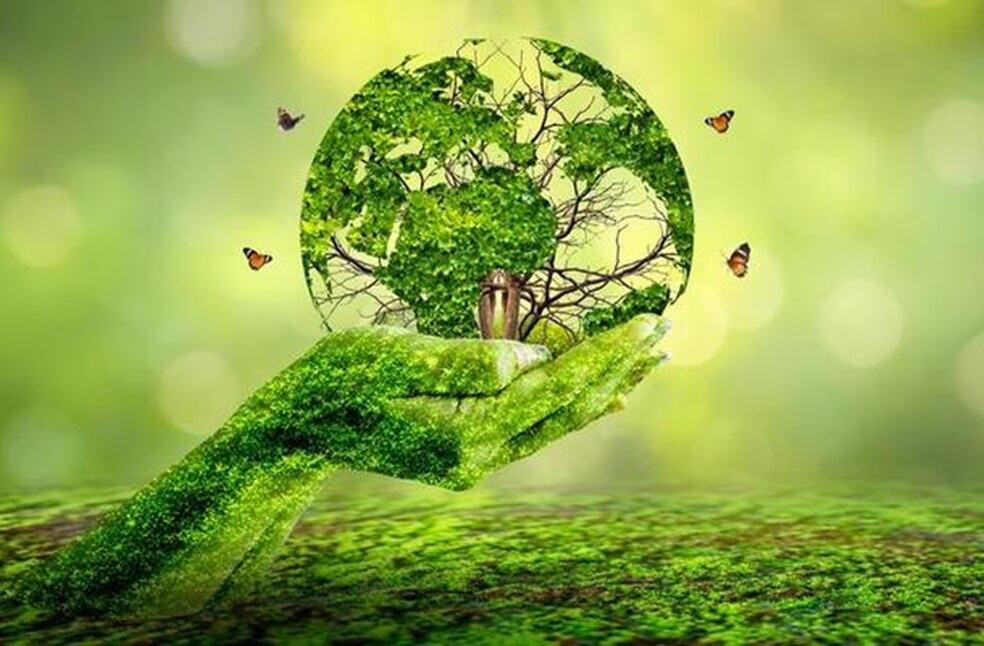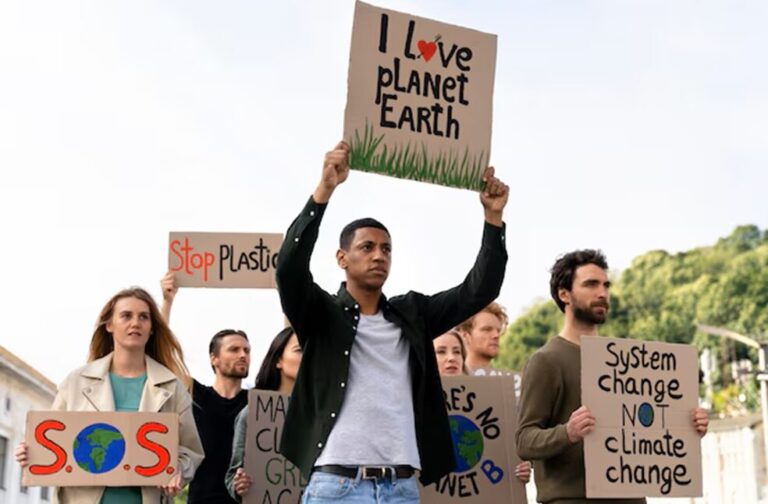The Hague: The International Court of Justice (ICJ) has commenced historic hearings to address the legal responsibilities of nations in combating climate change and assisting vulnerable nations in mitigating its devastating impacts.
The hearings, stemming from a 2023 UN General Assembly request, mark a major moment in international climate diplomacy.
Over 100 countries and organisations are participating, seeking clarity on state obligations regarding climate action and the repercussions of inaction.
REMINDER: the public hearings in the advisory proceedings on Obligations of States in respect of Climate Change will open next Monday, 2 December 2024 at 10 a.m. (The Hague time), before the #ICJ.https://t.co/wny7NyLu0b
— CIJ_ICJ (@CIJ_ICJ) November 29, 2024
Vanuatu, one of the nations leading the initiative, opened the proceedings in The Hague. The case emerged from a grassroots campaign initiated by Pacific students in 2019, reflecting the region’s urgent climate challenges.
Vishal Prasad, director of the Pacific Islands Students Fighting Climate Change, highlighted the existential threat climate change poses to their communities.
“Climate change is reshaping our lives in ways previous generations never experienced. Our islands and cultures are at risk,” Prasad said, underscoring the immediate stakes for Pacific nations.
The ICJ’s advisory opinions, while non-binding, carry significant legal and political weight. The hearings, scheduled until 13th December, aim to establish a framework for global climate responsibility and accountability. An advisory opinion is expected in 2025, which could influence future international climate agreements and strengthen efforts to protect vulnerable communities.

The hearings follow mounting frustration among Pacific and developing nations over the outcomes of global climate talks. At the recent COP29 summit, an agreement to provide $300 billion annually in climate finance by 2035 was criticised as inadequate.
Papua New Guinea, a participant in the ICJ hearings, described COP29 discussions as a “total waste of time.”
Pacific climate activists, representing communities most affected by rising temperatures, reiterated the urgent need for decisive action.
The ICJ hearings highlight the growing demand for accountability and action in addressing the global climate crisis, offering a platform for vulnerable nations to push for justice and meaningful change.



